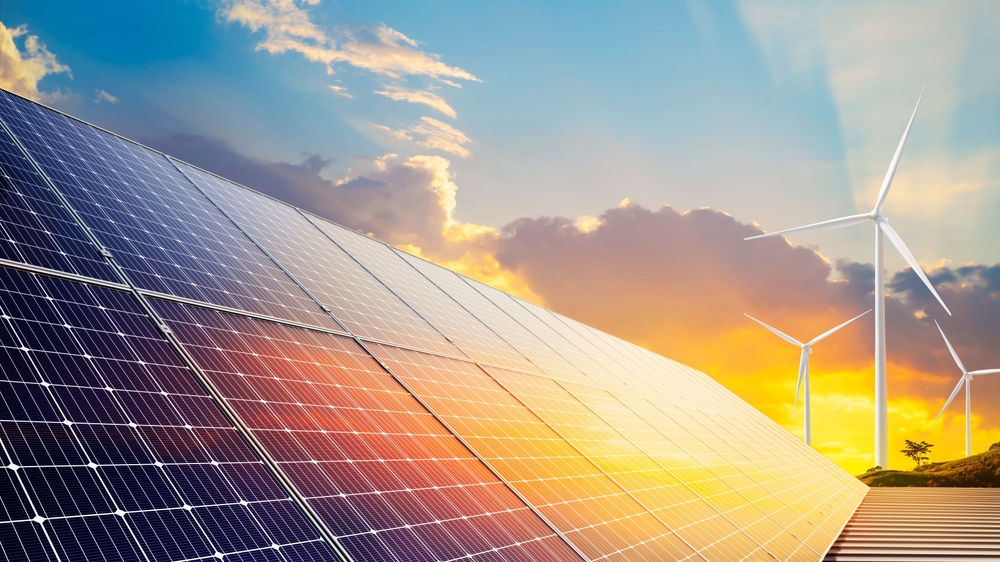Energy Management Systems (EMS) and renewable energy sources are becoming an essential part of Dubai’s energy strategy as it maintains its position as a global leader in sustainability and innovation. This blog explores the synergies between EMS and renewable energy in Dubai, highlighting the benefits, challenges, and future potential of this integration.
The Importance of Renewable Energy in Dubai
Due to Dubai’s exceptional sunshine, solar energy is a top choice for renewable energy initiatives. By 2050, 75% of the energy in the emirate will come from clean sources, according to the Dubai Clean Energy Strategy 2050. This aspirational objective is consistent with the UAE’s resolve to cut carbon emissions and advance sustainable development. As the city invests in solar parks, wind farms, and other renewable initiatives, the necessity for proper management of these resources becomes crucial.
What is an Energy Management System (EMS)?
An Energy Management System (EMS) is a framework designed to keep track of, regulate, and maximize energy use. It utilizes software and hardware technologies to evaluate energy data, allowing businesses and organizations to optimize their energy efficiency. Entities can minimize operating costs, lessen their dependence on fossil fuels, and better control energy flows by incorporating renewable energy sources into an EMS.
Benefits of Integrating Renewable Energy with EMS
- Enhanced Efficiency
An EMS optimizes energy use by analyzing consumption trends and suggesting improvements. It can intelligently manage energy supply and demand when combined with renewable energy sources, making sure that extra energy produced by renewables is put to good use rather than being wasted.
- Cost Savings
Utilizing renewable energy can significantly lower energy costs. An EMS can help businesses track their energy consumption in real-time, enabling them to shift usage to times when renewable energy is most abundant, further maximizing savings.
- Improved Sustainability
Dubai’s sustainable ambitions are supported by the incorporation of renewables into an EMS. Organizations that lessen their reliance on fossil fuels help to reduce greenhouse gas emissions and their carbon footprint, which helps them comply with global environmental standards.
- Energy Independence
Energy independence is increased when renewable energy is incorporated into an EMS. By doing so, businesses can create a more stable energy environment by becoming less susceptible to changes in the price of fossil fuels and disruptions in the energy supply.
Challenges to Integration
While the benefits are significant, integrating renewable energy sources with EMS in Dubai does come with challenges:
- Initial Investment
The upfront costs for implementing renewable energy systems and advanced EMS technology can be high. However, many organizations find that long-term savings and environmental benefits outweigh these initial investments.
- Technical Expertise
Integrating renewable energy into an EMS requires specialized knowledge and skills. To ensure successful implementation, organizations might need to hire experts or make training initiatives.
3.Regulatory Framework
Getting around the rules and regulations might be challenging. Organizations must be aware of local policies and incentives that may affect their energy plans.
Future Outlook
In Dubai, the integration of renewable energy with EMS appears to have a bright future. The emirate is already witnessing innovative projects such as the Mohammed bin Rashid Al Maktoum Solar Park, which is one of the largest solar parks in the world. As technology advances, the integration of smart grids, IoT devices, and AI into EMS will further enhance the management of renewable resources.
Conclusion
Integrating renewable energy sources with Energy Management Systems is not just a trend; it’s a necessary step toward a sustainable future for Dubai. Organizations can use EMS to optimize energy use, cut expenses, and help create a better environment as the city embraces renewable energy. Dubai can continue to lead the way in sustainable energy practices and serve as a model for cities around the world by overcoming obstacles and embracing innovation.
As we move forward, collaboration among government, businesses, and communities will be key to achieving a sustainable energy future for all.
Comments are closed.

